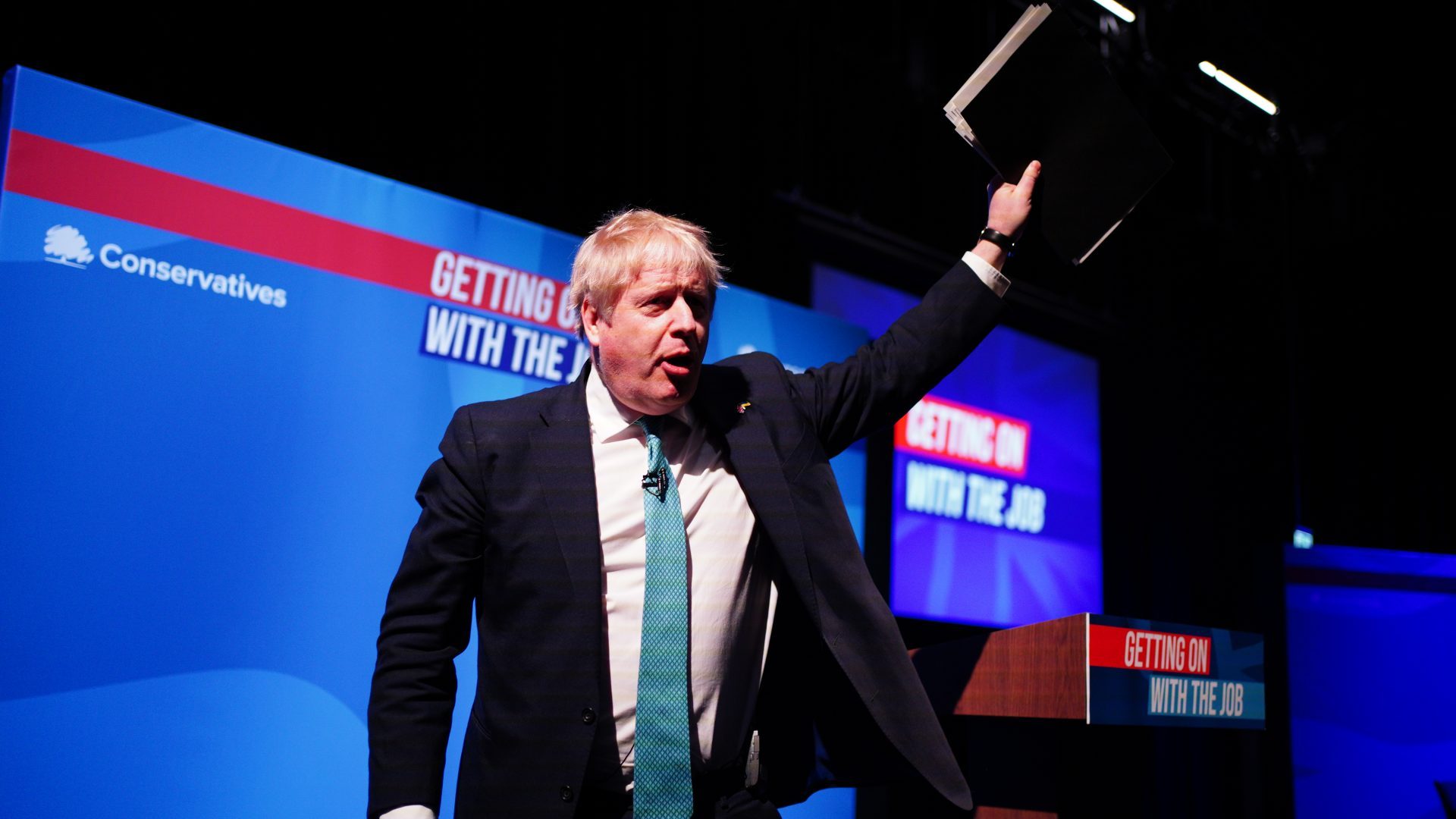Since the publication last week of Dr Hilary Cass’s independent review of gender identity services for children and young people, I have often thought of the words of the pioneering anthropologist Margaret Mead: “Never doubt that a small group of thoughtful, committed citizens can change the world; indeed, it’s the only thing that ever has.”
Cass’s review of what went so badly wrong at the now-closed Gender Identity Development Service (Gids), part of the Tavistock and Portman NHS Foundation Trust, is a model of public policy investigation.
In 388 meticulously argued pages, the former president of the Royal College of Paediatrics and Child Health shows that the medicalisation of surging gender dysphoria among teens – the conveyor belt that led them to puberty blockers and then strong hormone treatment – was based on almost no reliable clinical evidence; took woefully insufficient account of the role played by autism, eating disorders, child abuse and psychological disorders in the distress experienced by these young patients; and that “for the majority of young people, a medical pathway may not be the best way” to “thrive and achieve their life goals”.
Cass is not a campaigner, a politician or a journalist, and she is admirably temperate in her use of language, and clear that her task is “not about defining what it means to be trans, nor is it about undermining the validity of trans identities”. Indeed, the prospects of gender-questioning young people will be much brighter if her 32 recommendations – ranging from assessment, individualised care plans and long-term outcomes to training and education, detransition and private provision – are implemented with the political will and clinical urgency that are merited in this case.
Yet it is important to recognise that this is only the start of a much broader process of repair, reform and (in many cases) redress. That such a process is even conceivable reflects the extraordinary work and persistence in recent years of a network of courageous women who daily demonstrate how true Mead’s maxim about the nature of change really is.
So let us pay tribute to them: Maya Forstater, Helen Joyce, Julie Bindel, Kathleen Stock, JK Rowling, Janice Turner, Suzanne Moore, Allison Bailey, Hannah Barnes, Deborah Cohen, Rosie Duffield, the Famous Artist Birdy Rose, Hadley Freeman, Sarah Ditum, Sonia Sodha, Susanna Rustin, Helen Lewis, Sharron Davies, Helen Staniland, Jess de Wahls, Bev Jackson, Kate Harris, and the late Magdalen Berns. My apologies to those whose names I have accidentally omitted.
In the face of constant vilification, rape and death threats, and attacks upon their livelihoods, this network has simply refused to give in – and, in so doing, has shifted the civic dial significantly and made possible a public discussion that was initially declared impermissible by the #nodebate campaigners of Stonewall, Mermaids and other discredited groups. They have demonstrated to inspiring effect that there is no such thing as “the right side of history”: only people, human agency and what they decide to do with it.
As Cass notes: “There are few other areas of healthcare where professionals are so afraid to openly discuss their views, where people are vilified on social media, and where name-calling echoes the worst bullying behaviour.
That is absolutely right, and it is a culture of intimidation not confined to healthcare. Women in sport, media, publishing and progressive politics who have dared to speak out against trans ideology and its implications have faced extraordinary denunciation, harassment and (in some cases) physical attack.
All the while, they were accused of seeking to “erase” trans people, to deny their “existence”, even to bring about their “genocide”. Which was nonsense. But in a post-truth era, even the wildest claims can prove adhesive.
How did any of this happen? First, because social justice movements no longer operate as they once did. Trans ideology did not establish its grip via conventional campaigning. Instead, it captured public agencies, businesses and university hierarchies – what the political scientist Yascha Mounk has called the “short march through the institutions” – to the point that “gender-critical” ideas were reflexively treated by these elites as bigoted.
On social media, the same ideology set up electric fences with hashtags such as #transwomenarewomen that appeared banal but were, in practice, a ruthlessly effective means of shutting down discussion, often before it had started.
Trans activists also relied on the preference of so many people with power and influence for a quiet life. Far too many journalists steered clear of the fray. But studied blandness, earnest inaction and lofty silence are not the solution to polarisation. They are the reason for it.
Second: most politicians regarded the issue as marginal, or too hot to handle, or both. Kemi Badenoch, who is minister for women and equalities as well as business and trade secretary, was correct to observe in her Sunday Times article that “it is now time for leaders to step up and recover impartiality. It is time that the clinicians who refused to co-operate with Cass were held to account”. But most of the failures covered by the review occurred on the Tories’ watch.
Given the state of the opinion polls, what counts in practice is what Labour is prepared to do. Keir Starmer has vowed to ban all forms of conversion therapy, including efforts to change someone’s gender identity. But what reassurance will he offer that this reform will not capture the “holistic” and cautious clinical approach advocated by Cass – which will certainly be misrepresented by activists as “anti-trans”?
And why is Angela Rayner standing by the charter drawn up by the Labour Campaign for Trans Rights in 2020, which listed the LGB Alliance and Woman’s Place UK as “hate groups”?
These are questions that cannot be avoided by an aspiring government. Ministers decide. What happened at Gids was the clinical face of a much broader public scandal, on a par with the Post Office miscarriage of justice. Where does Labour really stand? No more splitting the difference, Keir.




